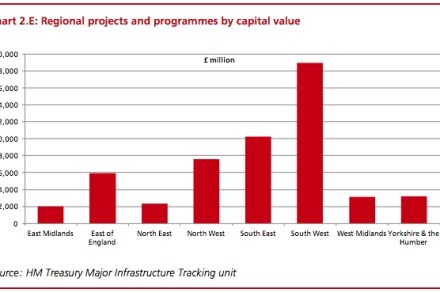Winter’s tale
In Competition 2826 you were invited to submit nonsense verse on a wintry theme. The line between sense and nonsense is a blurred one; certainly Carroll’s crazy world has a bonkers internal logic all of its own. But perhaps the best way into nonsense is to put the quest for sense aside for once and simply surrender yourself to the whimsical, the topsy-turvy and the fantastical. The winners below take £25 each. The bonus fiver is Brian Allgar’s. ’Twas winter, and the gringeing goves Did quave and quemble on the ice, The cameroon howled like a loon And nibbled frozen lice. ‘The miliband is close at hand!’ He sneezed



















